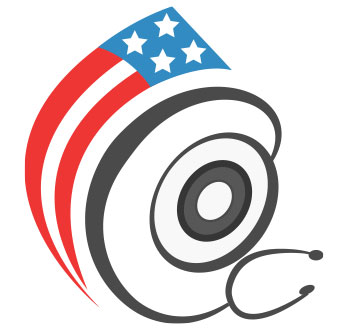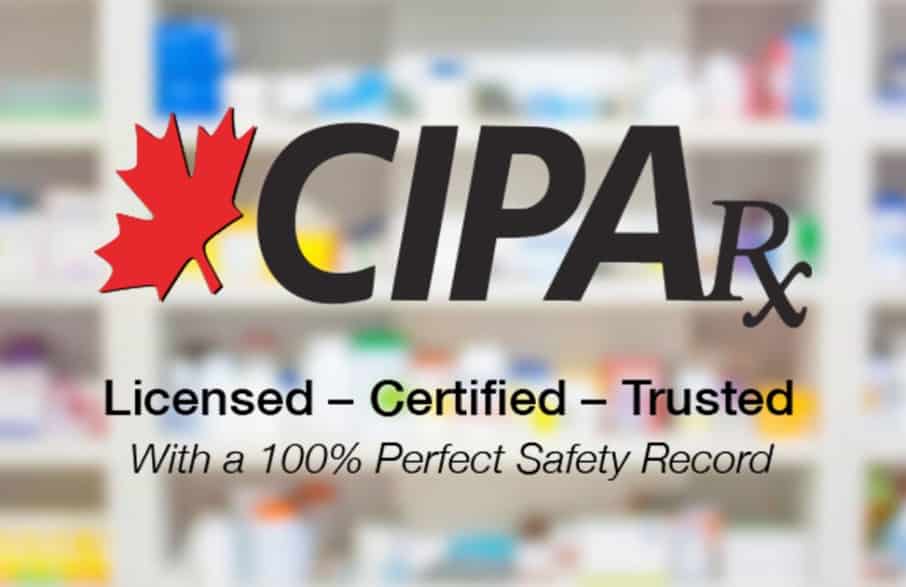Over-the-counter (OTC) drugs play a vital role in any healthcare system. OTC drug products are those drugs that are available to consumers without a prescription. The most common OTC drugs are pain relievers, cold and cough medications, laxatives, antihistamines, and antacids.
Currently, it is the peak of cold and flu season. To help you make some educated choices about OTC medications to help ease your pain and relieve symptoms, we compiled a list that explains what OTC medications to use for common symptoms of colds and flu. Keep in mind that one medication may contain several different ingredients, and another medication may only contain one ingredient but may relieve symptoms of several different health conditions. It is important to read the product labels so that you only take what you need.
Drug stores and supermarkets carry so many products that you may be overwhelmed by the selections for your current problem. What is the main ingredient you should be searching for? Is the generic as effective as the name brand?
At DoctorSolve™ Healthcare Inc., our staff is trained to help you answer these types of questions. Simply call us toll free at: 866.732.0305.
Pain Relievers
People use pain relievers (analgesics) to relieve headaches, tooth pain, menstrual cramps, and aches from colds or flu. The most common types of analgesics are acetaminophen (Tylenol), ASA (Aspirin), and non-steroid anti-inflammatory drugs (ibuprofen – Advil).
For increased pain relief, you can combine ASA or acetaminophen with mild opioid painkillers (like codeine). Although stronger pain relievers are still non-prescription, they are usually kept behind the counter and are only available after you consult a pharmacist.
Cough and Cold Medications
Cold and cough medications relieve the common symptoms of colds and flu, like coughing, aches, and stuffy nose. Although cold and cold medications are available without a prescription, some contain ingredients that can be harmful when taken in large doses. Some people may suffer from stomach upset, dizziness, and in rare cases, heart palpitations, headache, and breathlessness.
Congestion
Pseudoephedrine and phenylpropanolamine are ingredients used in oral decongestants. Phenylephrine and oxymetazoline are found in nasal decongestants.
Nasal decongestants typically work faster than oral decongestants but can have a rebound effect that makes your nose even more congested if you use them for more than 3-5 days. Nasal decongestants are recommended for short-lived colds.
Cough
How can you tell if your cough is getting better? When your cough is getting better, you will produce mucus. Clearing the mucus from your lungs is a sign you are getting better. If mucus stays in the lungs, you can develop pneumonia.
If you have a productive cough, use an expectorant and drink plenty of water. Both help to remove the mucus from the lungs. Contact your doctor if any of the mucus is green or yellow or contains blood.
You need to stop a nonproductive cough because dry coughing can cause throat irritation. To stop a nonproductive cough you should use an antitussive like Dextromethorphan. As a general guideline, any cough medicines with the initials DM contain dextromethorphan.
It is important to note if your medication is suggested for day or nighttime use. Night-time cough medications can often cause drowsiness.
Runny nose
Usually, runny noses are caused by either allergies or a cold. Antihistamines work well for allergies but serve no function for a common cold. Cold symptoms are caused by a virus, not by the release of histamines. Antihistamines prevent histamines from being released into the body.
For more information on other OTC medications or Canadian prescription drugs, please visit:https://www.doctorsolve.com/






